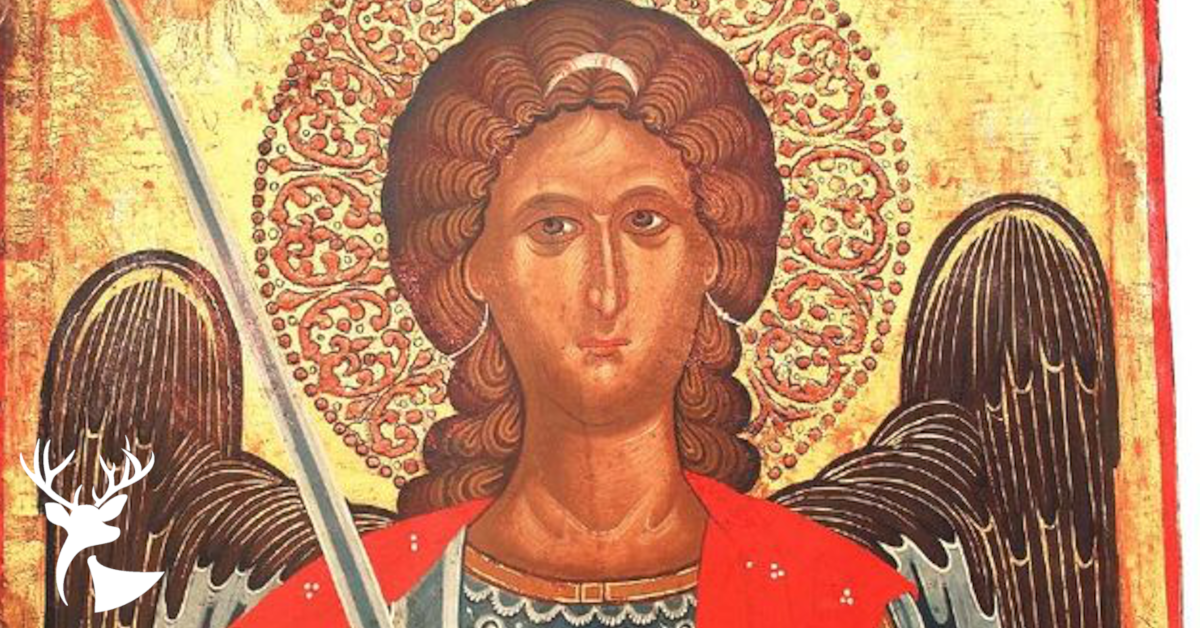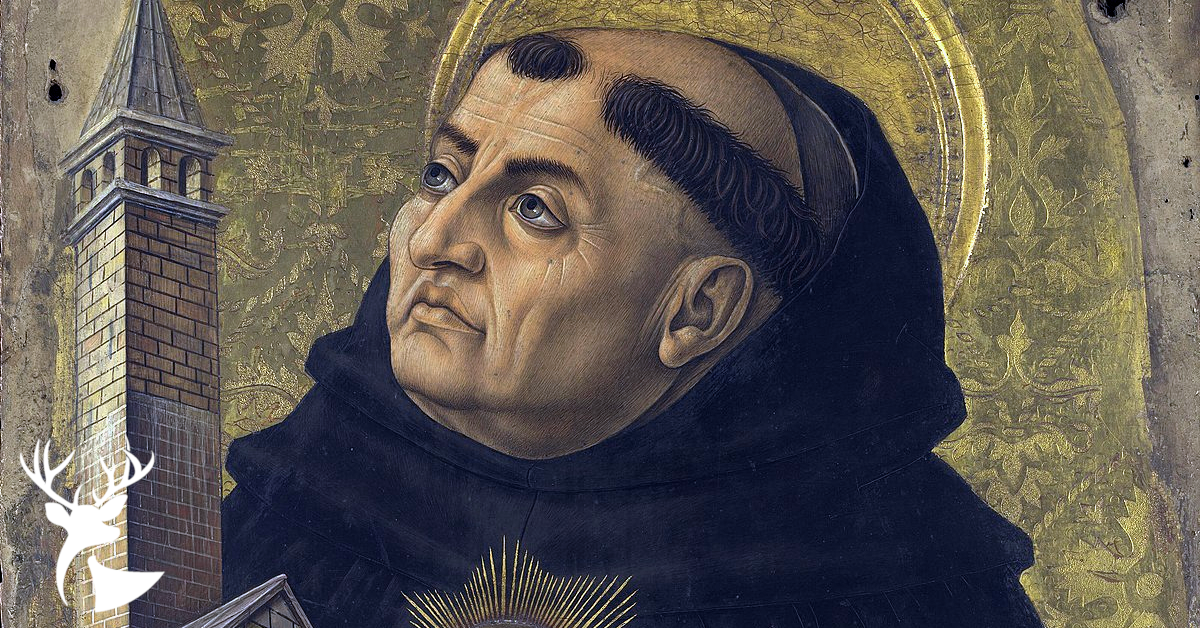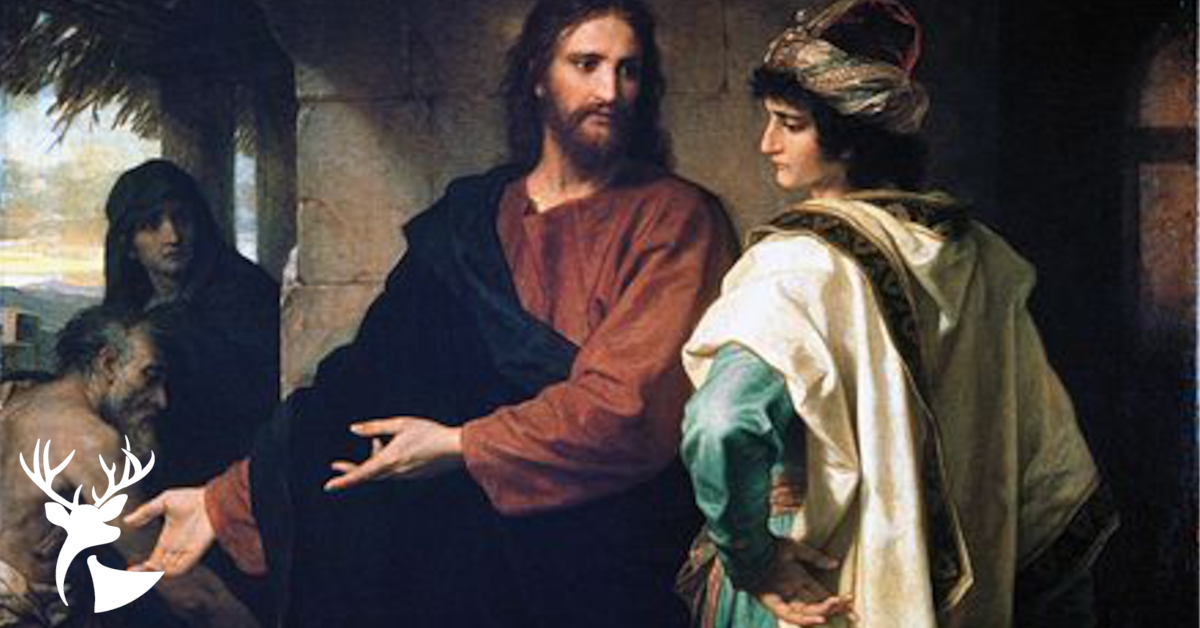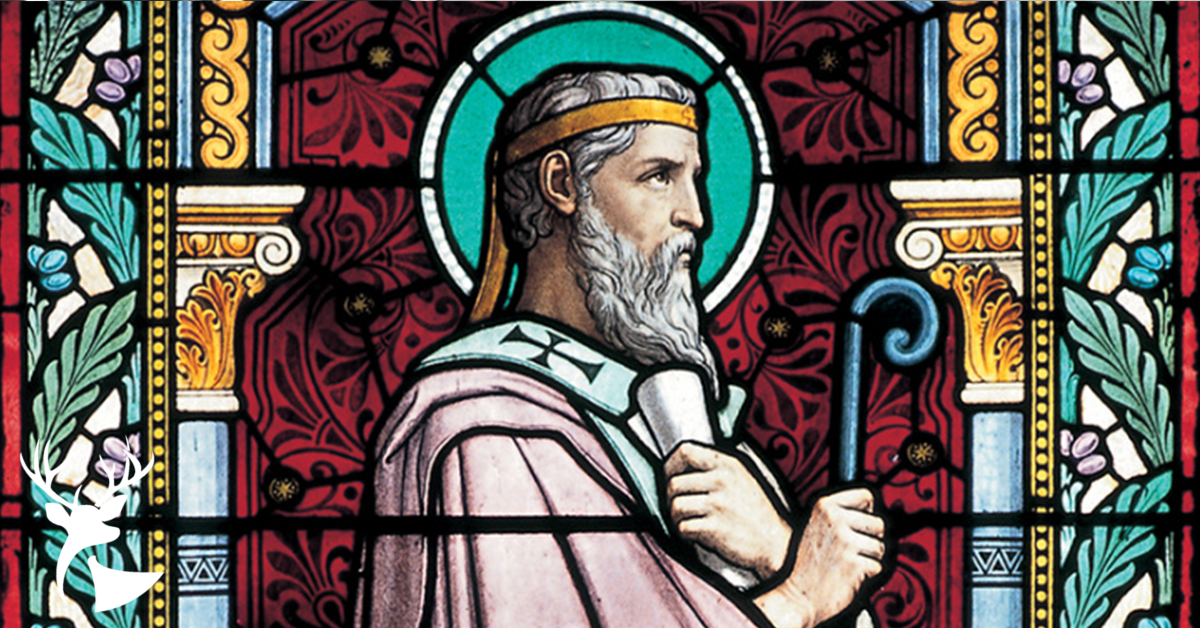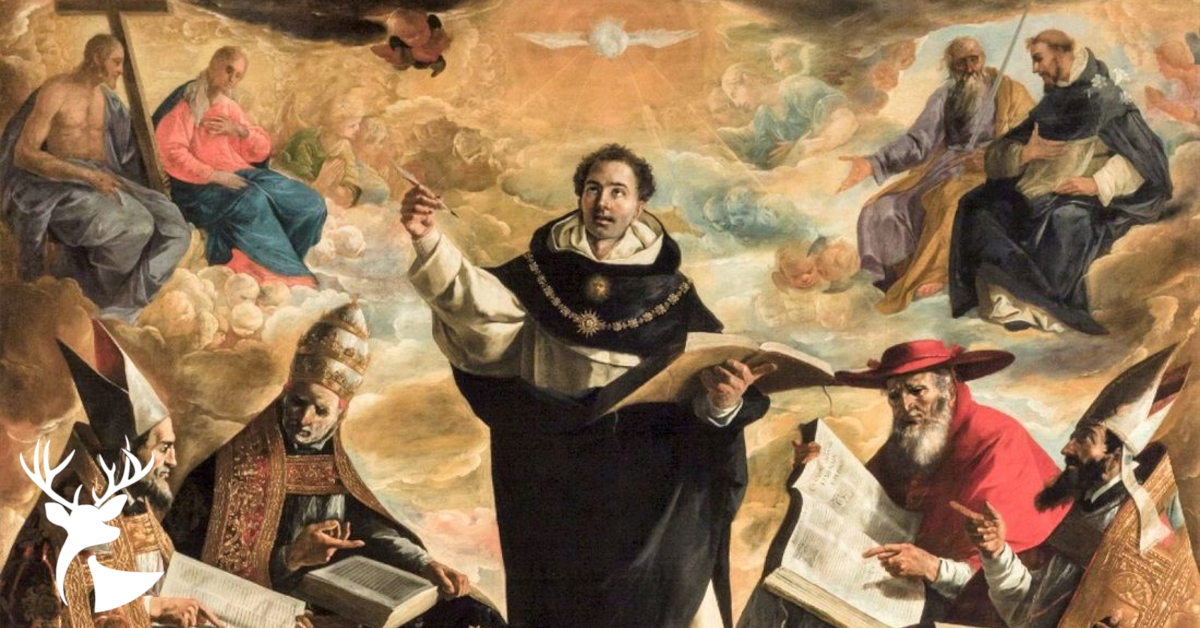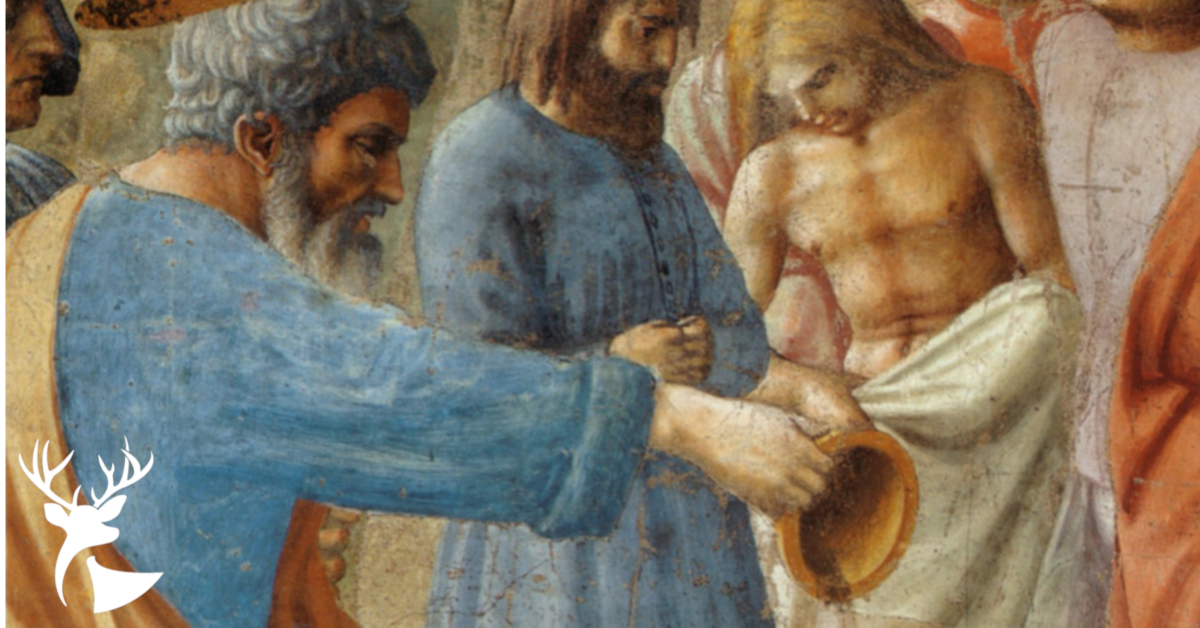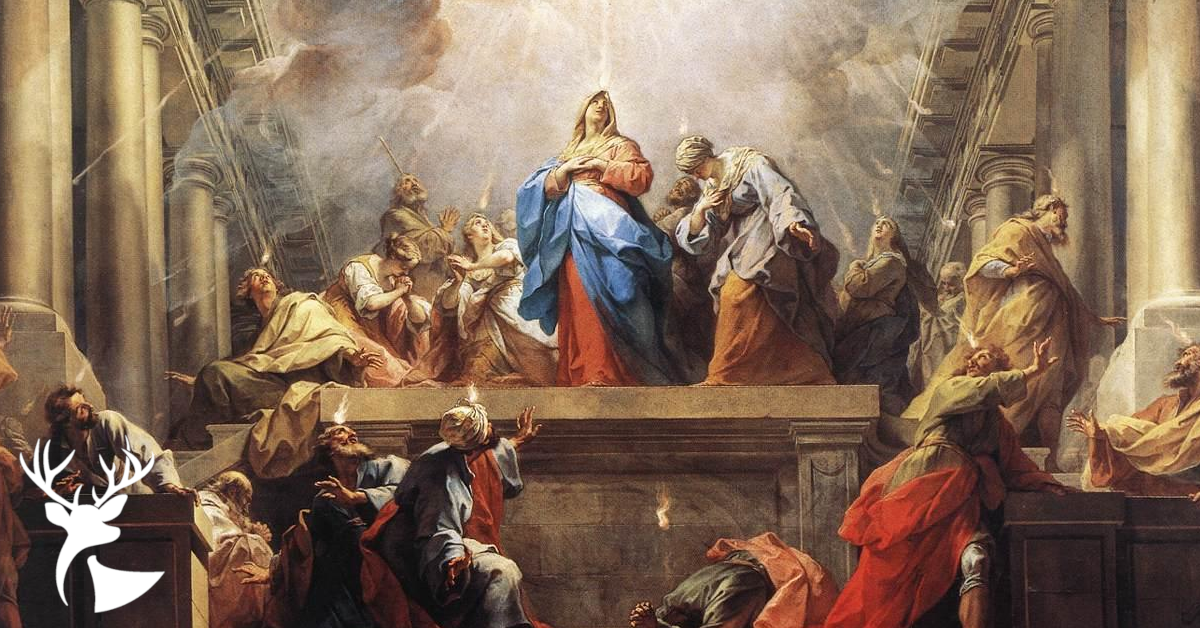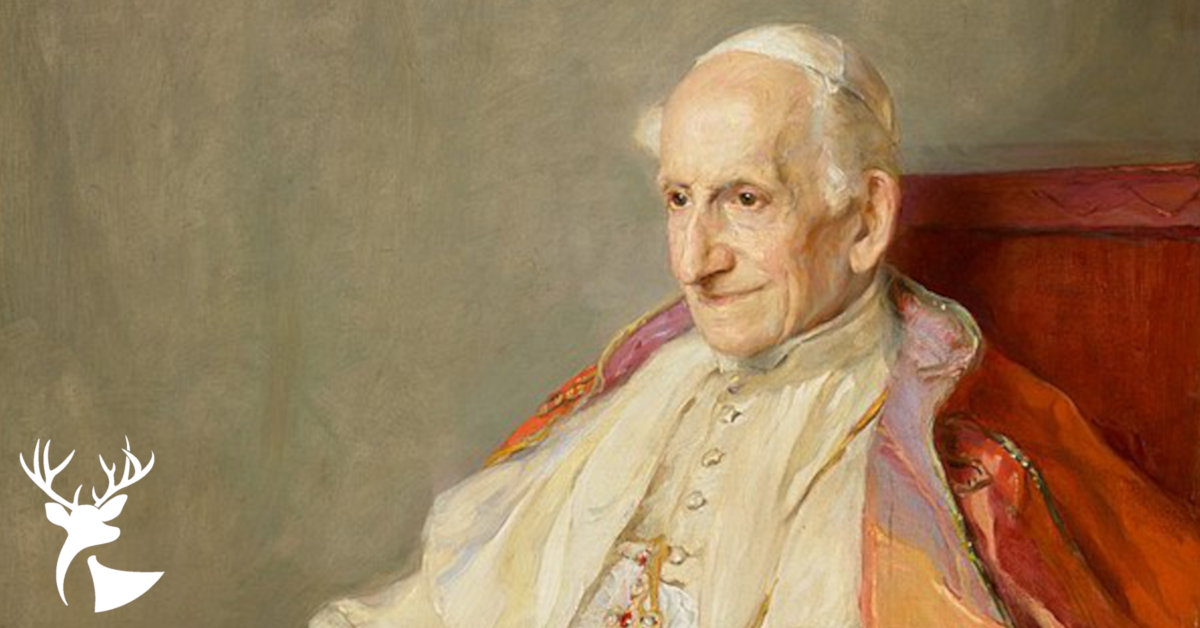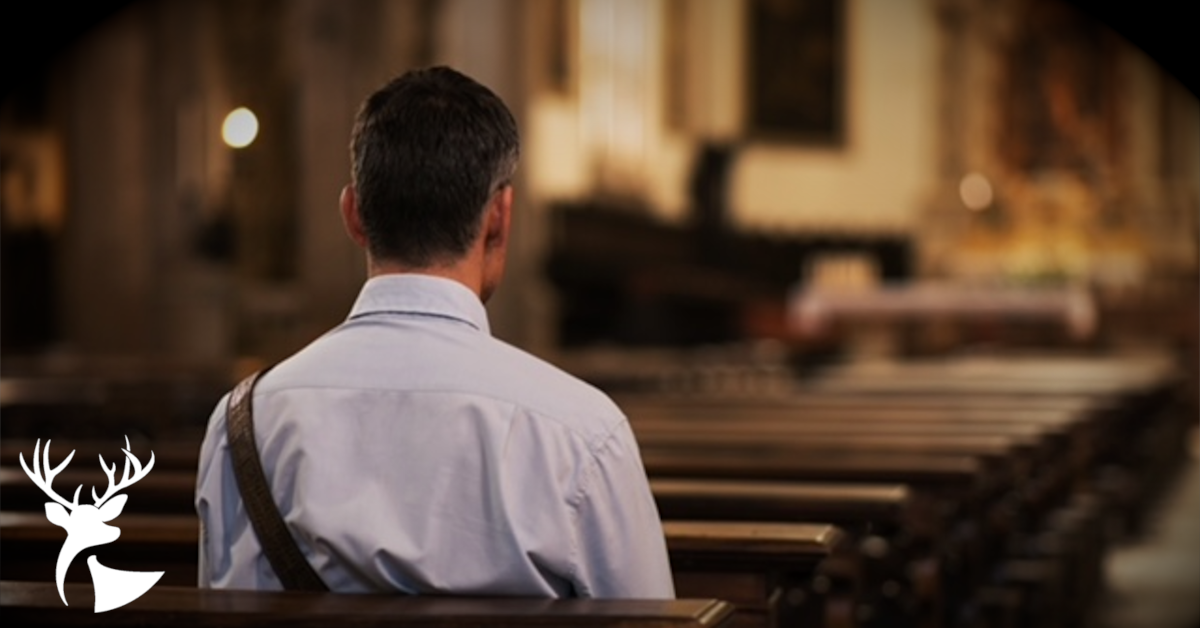
Gerald P. Boersma is Associate Professor of Theology at Ave Maria University where he also serves as the Director of the MA Program in Theology. He has published numerous peer-reviewed articles and book chapters and is the author of “Augustine’s Early Theology of Image” (Oxford, 2016).
Gerald P. Boersma is Associate Professor of Theology at Ave Maria University where he also serves as the Director of the MA Program in Theology. He has published numerous peer-reviewed articles and book chapters and is the author of “Augustine’s Early Theology of Image” (Oxford, 2016).
← Return to EssaysStay Connected!
“You are great, Lord, and highly to be praised (Ps. 47:2): great is your power and your wisdom is immeasurable’ (Ps. 146:5). Man, a little piece of your creation, desires to praise you, a human being ‘bearing his mortality with him’ (2 Cor. 4:10), carrying with him the witness of his sin and the witness that you ‘resist the proud’ (1 Pet. 5:5). Nevertheless, to praise you is the desire of man, a little piece of your creation. You stir man to take pleasure in praising you, because you have made us for yourselves, and our heart is restless until it rests in you.”
—St. Augustine, Confessions
In these few elliptic sentences of the opening paragraph of what might be the most resonate of Christian texts outside of Scripture—the Confessions—Augustine articulates the human condition as a quest to know where he comes from and who he is. In short, a quest to know God and the soul. Augustine plays with the various senses of the word confessio in his great autobiography. But here, in the opening lines, two senses come to the fore that give architectonic structure to the whole of Augustine’s theological quest. The subject of confession is God and man. It is the confession of the goodness of the creator whose love and glory imbue all things. It is the confession of man’s original created goodness, but also his subsequent brokenness and the distorted character of his loves. It is the confession of our relentless, dogged search for God. And, it is the confession of the redeemer whose grace reconciles fallen creatures back to himself.
Of course, the beauty and enduring quality of the Confessions is that this universal human quest—to know God and the soul—is expressed with the searing introspective particularity of Augustine’s own confession. The power of the Confessions lies in the fact that this startlingly intimate story of a soul is an everyman tale, in which we, ultimately, recognize ourselves.
The first subject of confession is God. Confession is a publicly expressed recognition—an acknowledgment—honoring God’s glory; it is a confession of praise. Like much of the first paragraphs, the opening words, “Great are you Lord, and highly to be praised” (Ps. 47: 2), is drawn from the Psalter. The psalms give Augustine a voice, a language to acclaim the greatness and glory of God. The Psalms are not Augustine’s own words, yet, paradoxically, no words could more truly be his “own” words; no words could address God more directly, intimately, and personally. As we listen to Augustine voice his confession of praise through the cadence of the Psalter, it almost feels as if we are intruding, that perhaps we have inadvertently entered the privacy of the Bishop’s room and are now overhearing him deep in prayer.
The second subject of confession is man; it is a confession of the human condition. To be human is to be a creature, indeed, only a small part (portio) of creation. Each creature gives praise and glory to the Creator in whatever its created mode. The sun by shining brightly, the turnip by growing hazy purple, the inexorable donkey by refusing to budge: “All things counter, original, spare, strange; … praise him” (Gerard Manley Hopkins). The human person also praises God. Unlike the sun, the turnip, or the donkey, however, he praises God not simply by being; rather, he can choose to praise God. Man desires to praise God, and does so as man, which is to say, with his heart and mind. His will is engaged as he seeks to love and know God. But here complication ensues. Death and sin circle close at hand. Augustine writes, homo circumferens mortalitatem suam (“man, bearing his mortality with him”). Circumferens literately means “carrying around in a circle.” To be human is to bear about mortality; it is to carry the existential weight of knowing yourself a being given unto death. It is to possess a deep-seated awareness that each day is a day in which I am closer to decomposition and the evisceration of all earthly memory that I ever existed. And, unlike the contingency of all creatures—the sun that burns out, the turnip that rots away, and the donkey whose life comes to an end—the mortality of man seems wholly unnatural. It is not comfortable. Unlike the rotting turnip, we sense this is not how it should be with us. Paul Tillich famously remarked, “Finitude in awareness is anxiety.”
Other creatures do not share this angst, this stinging awareness of their finitude. They do not “carry around” (circumferens) their mortality—they simply are mortal. A donkey does not seek to transcend its finite existence. Indeed, the donkey is completely intelligible within the natural order, according to the cycles by which it comes in and out of existence. However, unlike the sun, the turnip, or the donkey, we have an immortal soul. We were made for eternity. The death we “carry around” is unnatural and we experience it profoundly.
Twice Augustine uses this verb, circumferens—man is consigned to “carry about” mortality (mortalitatem circumferens) and to “carry about” the “witness of his sin” (circumferens testimonium peccati). “The sting of death is sin,” writes the Apostle Paul (1 Corinthians 15:56). Augustine also links death with sin. Sin is part of what the Confessions confesses about the human condition. Man’s death is a “witness” testifying to his sin, a “witness” that God “resists the proud.” This is the albatross hung about his neck, which at every moment testifies to his physiological angst; to the dis-ease of being mortal with an immortal soul.
It is here that we bump up against what is arguably the most celebrated of Augustinian insights: the restless heart (cor inquietum). The human heart is a bundle of desires and wants constantly jostling, itching to be itched. We cannot seem to be find peace, somewhere “to be,” a “place” of deep-seated contentment. This lack of serenity causes our restless hearts to thrust themselves outward, grabbing and grasping at the latest iteration of what fixes our fancy. We cannot seem to settle down. Finite goods fail to satiate the wants of the soul. No sooner do we get the object of desire, and a new want is promising to fill the void. We are driven, obsessed, and desperate for more—for a transcendent more. This is the human psychological condition; we have a fire in our belly that renders us incapable of finding peace in life. The Danish philosopher Søren Kierkegaard spoke of this angst as a brooding lack of satisfaction. Sigmund Freud went on to articulate this experience in terms of modern clinical psychology: a listless weltschmerz or ennui that can make it well neigh impossible to get out of bed in the morning.
But the restless heart can be a great and powerful thing: its energy fuels the narratives of literature and film; it inspires painting and sculpture, music and drama. Ronald Rolheiser puts this well:
At the heart of all great literature, poetry, art, philosophy, psychology, and religion lies the naming and analyzing of this desire…. Desire intrigues us, stirs the soul. We love stories about desire—tales of love, sex, wanderlust, haunting nostalgia, boundless ambition, and tragic loss…. Whatever the expression, everyone is ultimately talking about the same thing—an unquenchable fire, a restlessness, a longing, a disquiet, a hunger, a loneliness, a gnawing nostalgia, a wildness that cannot be tamed, a congenital all-embracing ache that lies at the center of human experience and is the ultimate force that drives everything else. This dis-ease is universal. Desire gives no exemptions.[1]
The restless heart—the central motif of Augustine’s autobiography—fires the will of political empire builders and corporate titans, but equally inspires saints to heroic acts of virtue and self-sacrifice. A restless heart moved Francis of Assisi, Therese of Avilla, and Mother Theresa.
The restless heart is the symptomatic response to the penultimate character of finite existence. The more that we want, but fail to grasp in each good thing that we clasp in our hands and hearts, bears witness to a transcendent Good that alone can satisfy. The refracted, reflected, shimmering goods shining the world over are but partial instantiations—incarnations—of the primordial Good for which we long. We experience with intensity (but also nostalgia) that we are made for an eternal Good that alone gives peace: “Our heart is restless until it rests in you.”
Augustine’s own life, detailed in the Confessions, is a personal and poignant expression of the universal cor inquietum. It is the story of a soul and the desperate, futile ways that this soul seeks peace and belonging. His intention in writing the Confessions, recalls Augustine in the Retractions, written at the end of his life, was to lift up the affections of the heart—his own and those of others—to the love of God. It is only in God’s love that the soul finds belonging, satisfaction, and rest. The Confessions is the story of one soul’s long, purgative journey to find rest in God.
Noverim te, noverim me (“May I know you and may I know myself”), prays Augustine in his early dialogue, the Soliloquies (written even before his baptism). This quest to know God and the soul is the golden thread running through Augustine’s corpus. In the Confessions this theme finds a heightened intensity. Augustine confesses who God reveals himself to be and who man is. As in Augustine’s other works, here too, it is clear that knowledge of God and knowledge of the soul are inextricable. Self-knowledge entails coming to know myself in God. The process of self-discovery, of prayerful interiority, entails becoming increasingly attuned to the fact that my ontological and spiritual ground is the Transcendent Good. As such, Augustine’s spirituality of ascent is not like conquering a distant mountain—perilously inching up a ladder to seize upon a remote and unknown place. No: Tu autem eras interior intimo meo et superior summo meo (“You were more inward than my most inward parts and higher than the highest element within me”) prays Augustine, as he comes to realize the intimacy of God’s personal presence. To ascend to God is to plunge ever more deeply into the self and there to discover my truest self in God.
More Reading

Gerald P. Boersma is Associate Professor of Theology at Ave Maria University where he also serves as the Director of the MA Program in Theology. He has published numerous peer-reviewed articles and book chapters and is the author of “Augustine’s Early Theology of Image” (Oxford, 2016).


